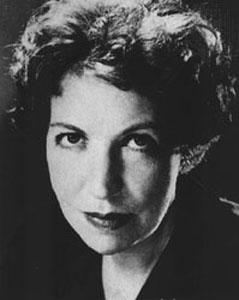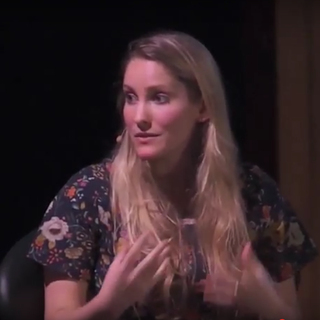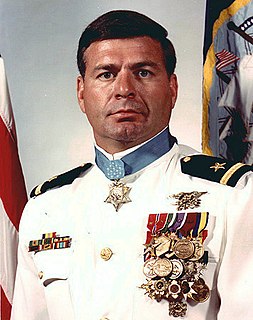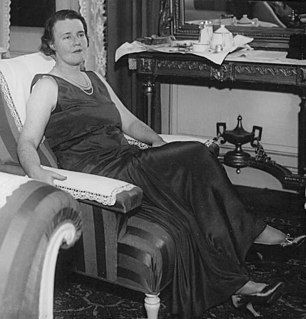A Quote by Phyllis McGinley
Sometimes I have a notion that what might improve the situation is to have women take over the occupations of government and trade and to give men their freedom.
Related Quotes
There is what might be called a Catch-22 of hazardous occupations: The more hazardous the job, the more men; the more men, the less we care about making the job safer. The Catch-22 of hazardous occupations creates a 'glass cellar' which few women wish to enter. Women are alienated not just out of the fear of being hurt on the job, but by an atmosphere that can make a hazardous job more hazardous than it needs to be.
Property rights can improve a woman's ability to stand up to violence in the home. You might think education and employment are important because they give women exit options, but property is as well. Give women equal property rights to inherited land, then they have an asset they can take out of the marriage. This gives husbands strong incentives to not beat them.
Freedom is not simply the circumstances that allow you to do whatever you want. Freedom is not only the opportunity to choose. Freedom is the strength of character to choose and to do what is right. With that in mind, our age is not an age of freedom, but an age of slavery. It is subtle, but it is real. The foundation of freedom is not power or choice. Freedom is upheld not by men and women in government, but by people who govern themselves.
Men create their own gods and thus have some slight understanding that they are self-fabricated. Women are much more susceptible, because they are completely oppressed by men; they take men at their word and believe in the gods that men have made up. The situation of women, their culture, makes them kneel more often before the gods that have been created by men than men themselves do, who know what they've done. To this extent, women will be more fanatical, whether it is for fascism or for totalitarianism.
A huge amount of what feminists are fighting for would have major positive impact for men as well as women. Take the male suicide rate, for example. In part, the problem arises from the idea that men are tough and manly, that 'boys don't cry' and it's embarrassing for them to talk about their feelings. So men are less likely to reach out for help and support with mental health issues. But that gender stereotype, which exists alongside the converse notion that women are over-emotional, 'hysterical', or 'hormonal', is one feminists are fighting hard to debunk.
Medal of Honor belongs to every man and woman who gives us the freedom today to be able to hold our flag and hold our heads up high and say we have the greatest country in the world. And that goes with the men and women in the past, and the men and women of today, and the men and women of the future. As long as Mike Thornton lives, that medal will always stand for all them. Not for me. Not for what I've done, but for what I was trained to do and what they have been trained to do to give us our freedom today.
If we consider men and women generally, and apart from their professions or occupations, there is only one situation I can think of in which they almost pull themselves up by their bootstraps, making an effort to read better than they usually do. When they are in love and are reading a love letter, they read for all they are worth.
Women are only half responsible for children. Men raise children as much as women do. Until men are as nurturing as women are, and until women are as active outside the home as men are, we won't have democratic families, and therefore we won't have democracy, and we will continue this hierarchical notion of life.
Fathers' sharing in the birth experience can be a stimulus for men's freedom to nurture, and a sign of changing relationships between men and women. In the same way, women's freedom to give birth at home is a political decision, an assertion of determination to reclaim the experience of birth. Birth at home is about changing society.



































